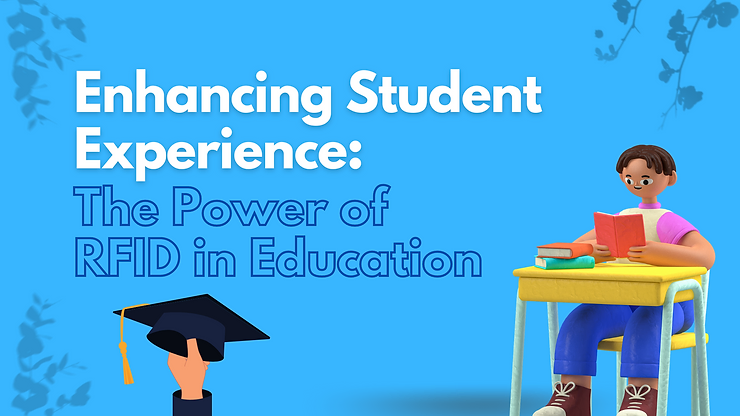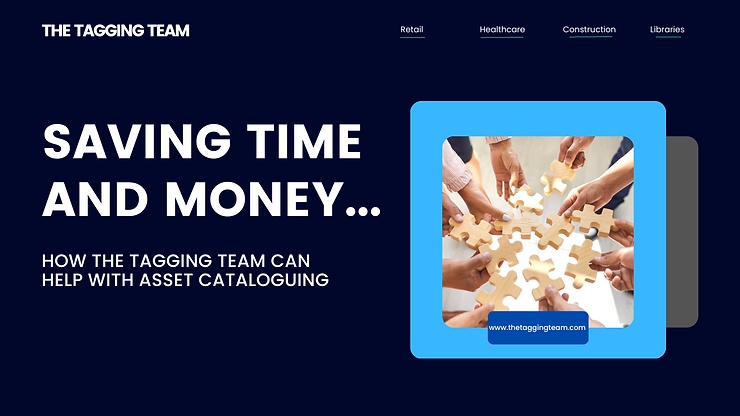In today’s rapidly evolving world, technology continues to shape various aspects of our lives, including education. One powerful technology making a significant impact in the education sector is Radio Frequency Identification (RFID). RFID has emerged as a game-changer, revolutionising the way educational institutions operate and enhancing the overall student experience. In this blog post, we will explore how RFID is transforming education and empowering students in numerous ways.
Streamlining Attendance and Access Control:
Gone are the days of manual attendance-taking and cumbersome access control systems. RFID technology has simplified these processes, allowing schools and universities to streamline attendance tracking and access control. With RFID-enabled student ID cards, students can quickly and conveniently check in for classes, exams, and various campus facilities. This automation not only saves time but also improves efficiency, reducing administrative burdens and ensuring accurate attendance records.
Efficient Library Management:
RFID has revolutionised library management, offering students seamless access to vast collections of educational resources. RFID tags embedded in books and other materials enable fast and accurate inventory management, making it easier for students to locate and borrow resources. Additionally, self-checkout systems based on RFID technology empower students to independently borrow and return materials, promoting a more efficient and user-friendly library experience.
Personalised Learning Journey:
Education is not a one-size-fits-all endeavour, and RFID technology plays a crucial role in facilitating personalised learning experiences. By leveraging RFID, educational institutions can develop intelligent systems that adapt to individual student needs. RFID-enabled learning environments can track student progress, identify areas of strength and weakness, and provide tailored recommendations for academic support. This personalised approach helps students thrive by receiving targeted guidance and resources that cater to their unique learning styles.
Enhanced Campus Security:
Ensuring the safety and security of students is a top priority for educational institutions. RFID technology strengthens campus security measures by enabling better monitoring and access control. RFID-enabled ID cards or wearable devices can restrict unauthorised access to specific areas, ensuring that only authorised individuals can enter sensitive spaces. Moreover, in emergency situations, RFID-based tracking systems can quickly locate and account for students, facilitating efficient evacuation procedures and minimising risks.
Seamless Payments and Services:
RFID has also simplified financial transactions and campus services. By integrating RFID technology into student ID cards, educational institutions can enable contactless payments for various services such as cafeteria purchases, printing and photocopying, vending machines, and campus stores. This not only enhances convenience for students but also promotes cashless transactions and reduces the risk of theft or loss.
As the education landscape continues to evolve, RFID technology is playing a significant role in enhancing the student experience. From streamlining attendance to personalised learning journeys and campus security, RFID offers numerous benefits that empower students and improve educational outcomes. Educational institutions embracing the power of RFID are creating more efficient, secure, and student-centred environments. By leveraging this technology, we can unlock new opportunities and take education to greater heights, ensuring an enriched learning experience for all students.





